
Venus-Pluto: All or Nothing
 When someone’s chart is graced—or should I say haunted—by a Venus-Pluto aspect, we aren’t speaking of mere flirtation or even the warm, steady comfort of companionship. We are speaking of love as alchemy. Love that demands transformation. The essence of Venus, the goddess of aesthetic and affection, when caught in the gravitational pull of Pluto, the shadowy planet of death and rebirth, is compelled toward a kind of romantic intensity that is terrifying. There’s a relentlessness to this configuration. They don’t dabble in affection, they long to merge into it. There’s a desperation in it, but this isn’t from weakness. It’s from from the soul’s demand to be seen and fused at the most primordial level. To be loved not just for one’s virtues or charms, but through one’s wounds, shames, and secret terrors. This makes for an experience of relationship that is seldom tranquil. But it isn’t because these individuals are chaos-mongers or drama enthusiasts. It’s more that their very notion of connection is built on the premise of transformation.
When someone’s chart is graced—or should I say haunted—by a Venus-Pluto aspect, we aren’t speaking of mere flirtation or even the warm, steady comfort of companionship. We are speaking of love as alchemy. Love that demands transformation. The essence of Venus, the goddess of aesthetic and affection, when caught in the gravitational pull of Pluto, the shadowy planet of death and rebirth, is compelled toward a kind of romantic intensity that is terrifying. There’s a relentlessness to this configuration. They don’t dabble in affection, they long to merge into it. There’s a desperation in it, but this isn’t from weakness. It’s from from the soul’s demand to be seen and fused at the most primordial level. To be loved not just for one’s virtues or charms, but through one’s wounds, shames, and secret terrors. This makes for an experience of relationship that is seldom tranquil. But it isn’t because these individuals are chaos-mongers or drama enthusiasts. It’s more that their very notion of connection is built on the premise of transformation.
Like the forest fire that clears the underbrush so that new growth might emerge, love for them is a purging force. They often sense the futility in superficiality. A nice dinner, a polite kiss, a tidy life plan—these things can feel insultingly shallow to someone under this influence. They want the underworld journey, the blood pact, the mirror held up to the darkest recesses of the self. And they want to be adored through all of it.
But here’s where the real danger lurks. With Pluto, there’s always the temptation to control. To grip tightly. To possess, under the guise of intimacy. The love becomes a testing ground where both partners might be burned by the sheer heat of unmet needs and primal longings. There can be a sort of emotional espionage, the person feeling out the other’s vulnerabilities, consciously or unconsciously, testing for loyalty, for depth, for the willingness to stay even when things get ugly. And they will get ugly, because Pluto will insist on it.
Yet, when wielded with awareness, this same intensity can create relationships of rare power. Relationships that aren’t afraid to face the abyss together, that see struggle as the pathway to authenticity rather than the sign of failure. It’s an energy that can hold space for grief, rage, and rebirth, without turning away. There’s an eroticism in this kind of loyalty, a profound trust that says, “I will meet you where you are, even when where you are is broken.” To love with a Venus-Pluto aspect is to accept that you will be changed. Something in you must die—some illusion, some defense, some need to control. This isn’t a love story that ends with “happily ever after,” but with “eternally becoming.” It is the kind of love that rips you open, stitches you back together, and says, “Now, again.”
Real Intimacy
With Pluto’s presence—this shadowy, relentless force doesn’t mythologize with flowers but with bones—we find that the relationship becomes a psychospiritual excavation site. It’s not that those under Venus-Pluto aspects seek pain for its own sake, but rather that they sense—on some deep, almost archetypal level—that real intimacy cannot occur without the courage to look directly at what most would avoid. The skeletons in the closet, the bruises we’ve dressed as birthmarks, the unmet needs we’ve camouflaged as quirks—this is the domain of Pluto. And those touched by its energy are unflinching in their pursuit of what’s real.
To love under Pluto’s influence is to turn the beloved into both a mirror and a myth. Not a fantasy to idealize but a reflection that reveals the unconscious. You see your partner and, through them, something of your past traumas, your baggage, your unmet longings. The fights in your relationship are never really about the dishes or the phone calls not returned. The tears come from a place you didn’t know existed. What makes this aspect both terrifying and beautiful is its demand for emotional honesty. This isn’t just the honesty of “here’s what I did today” or “this is how I feel,” but the honesty that says “this is who I’ve been when I was most afraid” or “this is what I never told anyone, even myself.” Vulnerability isn’t optional in this space—it’s the very soil from which love grows.
Here we arrive at the heart of it all— the pursuit of union collides with the imperative of self-love. Venus beckons us toward intimacy, beauty, and connection. But when she’s tangled in the subterranean vines of Pluto, she becomes something else entirely: a seeker of love through intensity, through passion, and sometimes through pain. And therein lies the great spiritual riddle—how can we love another deeply without first being anchored in love for ourselves? This is no idle New Age truism. In the Venus-Pluto configuration, the stakes are higher, the demands more urgent.
The Plutonian undercurrent drives one to search for something ineffable in the other—a kind of soul recognition, a psychic fusion—but if the Venusian foundation is cracked, if there is self-loathing where there should be self-regard, then this yearning for connection becomes distorted. It becomes dependency masquerading as love. It becomes the hunger to be completed, consumed, validated. And love, under those conditions, begins to devour. When Venusian qualities—like self-esteem, self-worth, and the ability to take pleasure in one’s own being—are underdeveloped or damaged, Pluto’s demand for depth and authenticity can turn cruel. The person may project their unmet needs onto the partner, expecting the other to fill voids that were never theirs to fill. Relationships become areas for internal battles—fights over closeness, control, abandonment, and betrayal, when in truth these are shadows of unresolved inner conflicts.
But when the inner Venus is strong—when one has done the quiet, often lonely work of looking in the mirror and saying, “I see you, I forgive you, I love you anyway”—then the Plutonian urge for transformation takes on a nobler shape. There’s space for the erotic and the ecstatic, the terrifying and the vulnerable. The all-or-nothing nature of Pluto becomes less of a torment. Yet if the connection falters—if the relationship does not meet the depth that Pluto craves—trouble brews. There’s a restlessness, a sense of being unfulfilled not because the partner has done something wrong, but because the soul demands more. More intimacy, more vulnerability, more shared evolution. If it doesn’t find it, Pluto may begin to agitate, to speak of endings, of reconfigurations, of the necessity to destroy what no longer aligns with the soul’s trajectory.
Jealousy and Obsession
Jealousy and obsession—the dark twin flames of love when lit under Pluto’s watchful eye. These aren’t the petty pangs of romantic insecurity we might chuckle about with friends over a bottle of wine. No, these are seismic forces, tidal waves stirred by subterranean tremors of the soul. In a Venus-Pluto dynamic, such emotions aren’t mere byproducts of love—they’re integral ingredients, warning signs, and sometimes, invitations to a much deeper reckoning.
Jealousy in this context is rarely about the surface issue—who liked whose photo, who smiled too long at the man at the bar. It’s the terror of not being enough. Of being abandoned. Of being betrayed in some primal, soul-shattering way. The Plutonian fear isn’t just, “What if they don’t love me?” It’s, “What if I am not worthy of love at all?” This is the brutal blade beneath the envy. And when this wound remains unexamined, it drives people to possess, to control, to fixate. It isn’t because they’re evil or manipulative, but because they are desperately trying to prevent an old, unspeakable pain from being re-lived.
But here’s where it gets even more tangled: projection. In Venus-Pluto relationships, the line between your fears and your partner’s behavior becomes a haunted road. You may find yourself suspecting your partner of the very thing you’re unconsciously drawn to yourself. Or perhaps you begin to see threats that aren’t truly there, simply because you haven’t yet made peace with your own shadows. Pluto demands that we see the unseen—and if we won’t do it willingly, he’ll drag it into the light through crisis, conflict, and raw emotional exposure.
Obsession, too, is a symptom of this psychic entanglement. It’s not just thinking about someone constantly; it’s feeling possessed by them, as if your soul has left your body and now resides in theirs. Their moods dictate your peace, their actions determine your self-worth. This is not love—it is emotional bondage dressed in romantic costume. And yet, it feels like love, because in that moment, the intensity makes everything else pale by comparison. You can’t eat, you can’t sleep, you can’t think of anything else but them. But what you’re truly obsessed with is not the person—it’s what they represent: validation, salvation, the proof that you are lovable despite all the fears to the contrary.
Left unacknowledged, this volatile cocktail of jealousy and obsession can fracture a relationship irreparably. It corrodes trust. It stifles freedom. It turns passion into paranoia. But when brought into conscious awareness—when both partners are willing to sit in the fire together and name the wounds, the fears, the desperate needs—then something better can emerge. A new kind of intimacy. And make no mistake, this isn’t easy work. It requires emotional maturity, a willingness to look inward rather than constantly scanning the horizon for external threats. It demands that we learn to self-soothe rather than demand that the other save us. But the reward? A love that is both deep and free. A relationship where intensity no longer equals instability, and where the presence of fear becomes a prompt for connection rather than destruction.
Jealousy and obsession are dangerous undercurrents in the Venus-Pluto bond. But they are also portals. And if you walk through them with eyes open, hand in hand with your partner—or alone if you must—you might just come out the other side not only with a stronger relationship, but a stronger sense of self. One that knows its worth cannot be taken, even when love feels like the edge of the world.
There are a lot of current opinions and definitions of Jealousy. From Cosmopolitan magazine to eradicate psychology books, jealousy is one of the most perplexing and ever-present of human emotions. Some people believe that jealousy is a natural accompany to life, the sour with the sweet. Others think it’s pathological, a sign of insecurity. Others believe it has something to do with older standards of morality. Still others believe it is morally wrong, and not part of the idealized state of self-abnegating love which says, “Whatever makes you happy makes me happy”. You won’t hear a Venus-Pluto mouthing that sort of drivel. More likely she’ll tell you, ’Whatever makes you happy without me, you’ll pay for.’ By Liz Greene
The Undertaker of Love
Pluto is the undertaker and midwife in one, tearing away what we cling to so we might discover what was truly ours all along. He doesn’t politely suggest we grow. He demands it. Kicks the legs out from under us, watches us collapse into our own ruins, and then says, “Now build again. But this time, make it real.” When Pluto casts his gaze upon love, he won’t entertain fantasy. He doesn’t care for the pristine, polished stories of happily-ever-after. He’s after something earned. And to earn it, one must often lose first. This loss isn’t always literal—though it can be. It can be the end of a relationship, the crumbling of long-held ideals, or even the quiet, aching erosion of innocence. But more often, it’s symbolic. The dismantling of the egoic scaffolding that held up our idea of what love should be. The death of the fantasy. The stripping away of outdated relationship models inherited from parents, movies, childhood dreams.
And in this aching emptiness, we meet ourselves. Pluto forces a kind of existential intimacy with our own essence. What do I really value? What am I willing to surrender in order to be reborn? How much of what I thought was “me” was armor designed to protect against the very vulnerability love requires? But here’s the divine twist: from this ending grows something quietly miraculous. A deeper gratitude. An awareness of how precious connection truly is. Once you’ve tasted loss, real or imagined, you stop taking love for granted. You begin to notice the small gestures—a warm hand at your back, the familiar sound of someone breathing beside you in sleep, the absurd humor shared over burnt toast. Suddenly, these moments glitter with significance. You stop waiting for some grand arrival of love, and you begin to honor the love that is already here, in all its messy, imperfect, fleeting glory. This is Pluto’s ultimate gift: the ability to hold both the fragility and ferocity of love in the same breath. To know that nothing is promised, and therefore, everything is valued. It’s a love that doesn’t possess, but appreciates.
There’s no tolerance here for lukewarm affection or the half-smile of emotional politeness. Pluto sees right through performance and pretense. His influence in the realm of love is like a bell tolling through the soul: Be real, or be gone. To love under Pluto’s dominion is to be summoned into presence. You can’t coast on charm or lean on old scripts. You must show up, bare-souled and unfiltered. And how difficult that is—for we are a species skilled in disguise. We’ve learned to mask our fear with wit, our longing with detachment, our vulnerability with sarcasm. But Pluto doesn’t play along with these games. He demands we strip away the layers until what remains is true.
 This planetary influence is ruthless only in its devotion to truth. It warns us, sometimes gently, often not, that life is transitory, connection is precious, and that anything worth keeping must be earned through vulnerability and depth. Half-heartedness is a betrayal of any relationship. We aren’t talking about intensity for the sake of drama—this isn’t emotional pyrotechnics for entertainment. This is about being fully alive in your relationships. It’s the insistence that if you are going to love, then love properly. Love like it matters. Like it might be the last time. Like the person in front of you is not just a lover or a friend, but a living, breathing mirror reflecting your own capacity for grace, grief, and growth. Pluto’s disdain for superficiality invites us to invest in relationships not for what they can give us in the moment, but for what they can transform in us over time. And this transformation, the deep and abiding shift in how we relate to ourselves and others, is what gives these connections their lasting power. When we rise to this challenge, we create relationships that are emotionally satisfying. Bonds that linger through the psyche long after the moment has passed. And we become people who love out of choice rather than habit. So Pluto warns us against complacency because he knows how short this dance really is. And he wants us to feel every beat of it. Fully. Fiercely. Honestly.
This planetary influence is ruthless only in its devotion to truth. It warns us, sometimes gently, often not, that life is transitory, connection is precious, and that anything worth keeping must be earned through vulnerability and depth. Half-heartedness is a betrayal of any relationship. We aren’t talking about intensity for the sake of drama—this isn’t emotional pyrotechnics for entertainment. This is about being fully alive in your relationships. It’s the insistence that if you are going to love, then love properly. Love like it matters. Like it might be the last time. Like the person in front of you is not just a lover or a friend, but a living, breathing mirror reflecting your own capacity for grace, grief, and growth. Pluto’s disdain for superficiality invites us to invest in relationships not for what they can give us in the moment, but for what they can transform in us over time. And this transformation, the deep and abiding shift in how we relate to ourselves and others, is what gives these connections their lasting power. When we rise to this challenge, we create relationships that are emotionally satisfying. Bonds that linger through the psyche long after the moment has passed. And we become people who love out of choice rather than habit. So Pluto warns us against complacency because he knows how short this dance really is. And he wants us to feel every beat of it. Fully. Fiercely. Honestly.
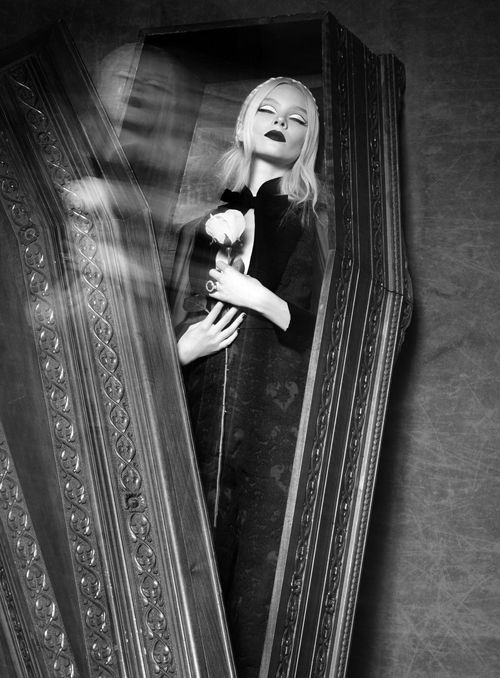
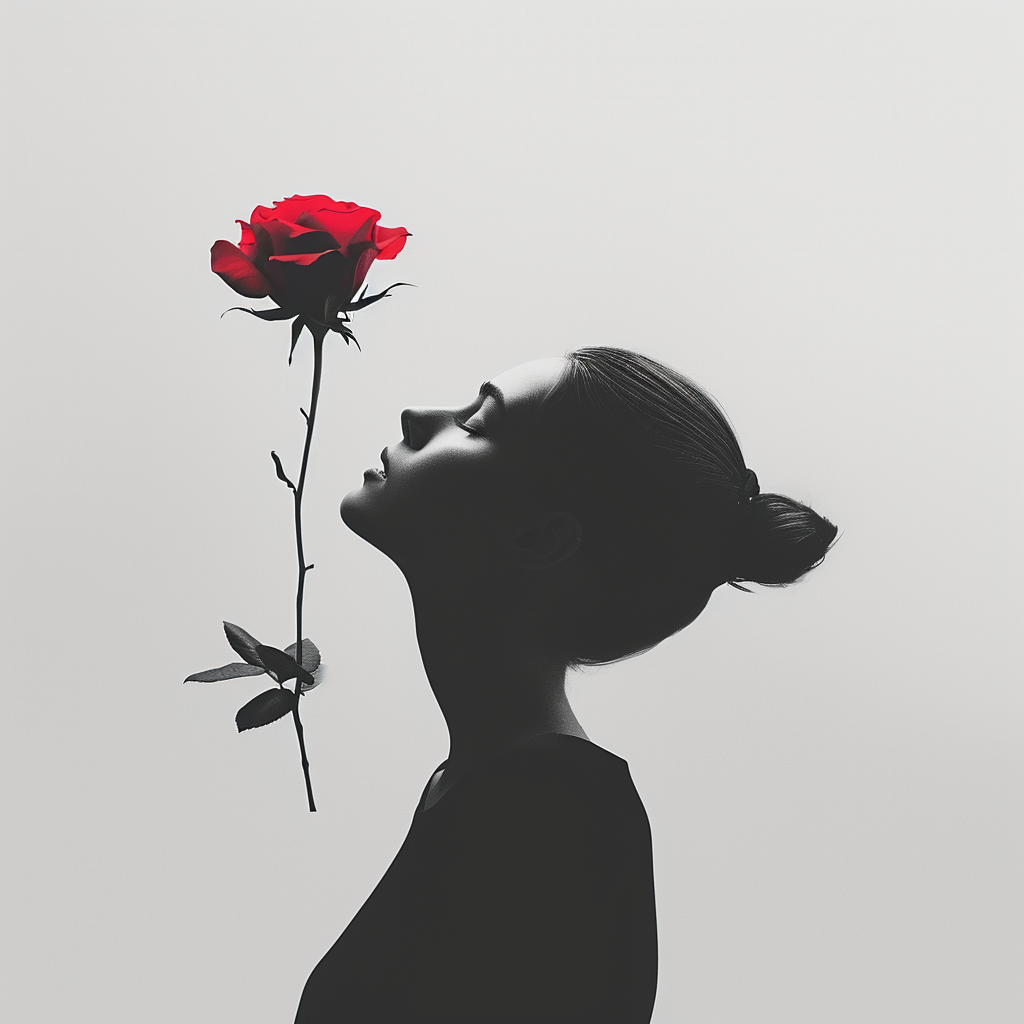









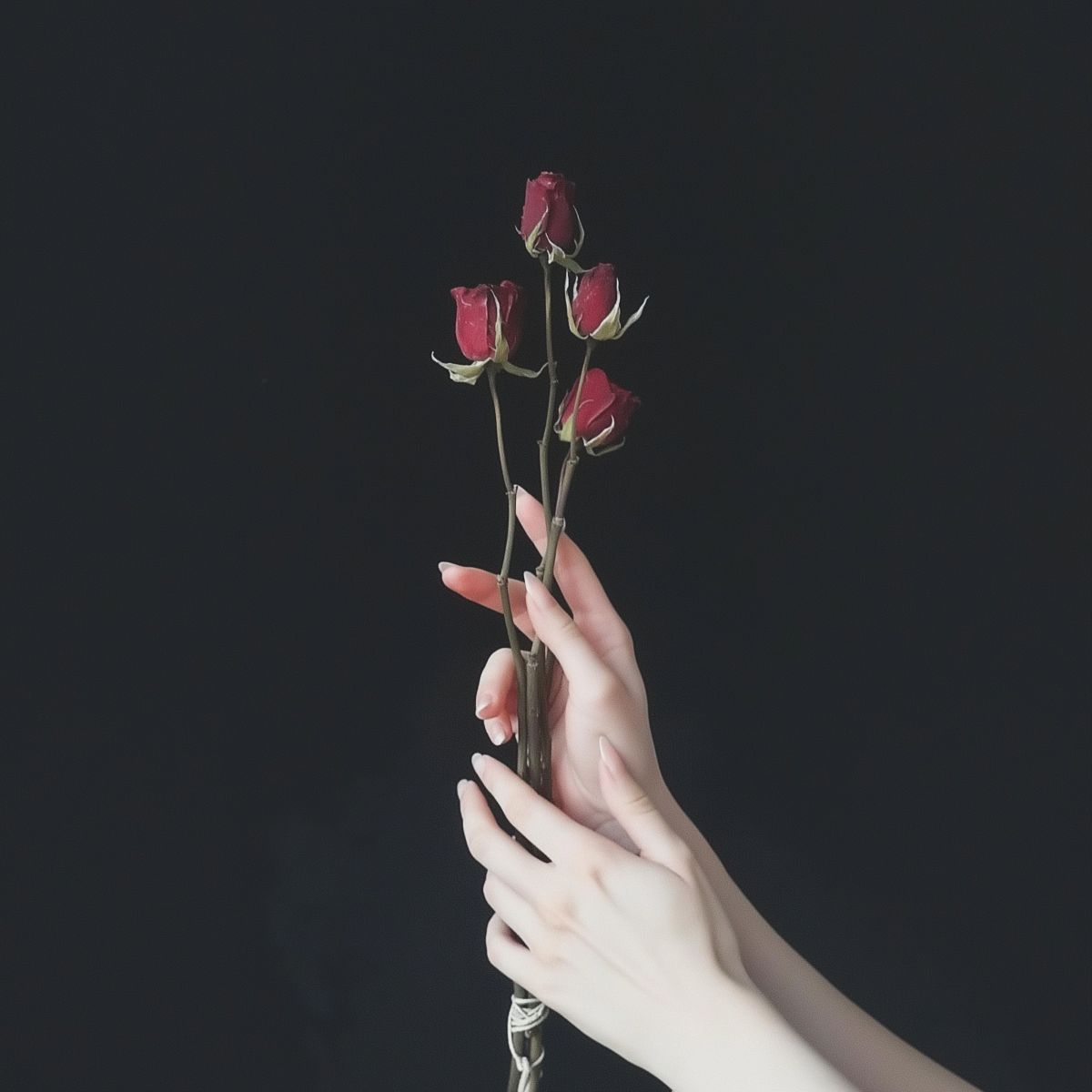
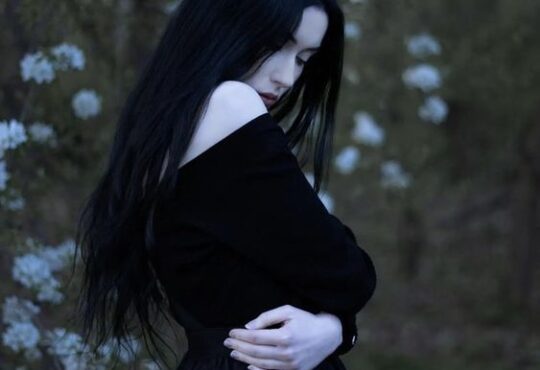


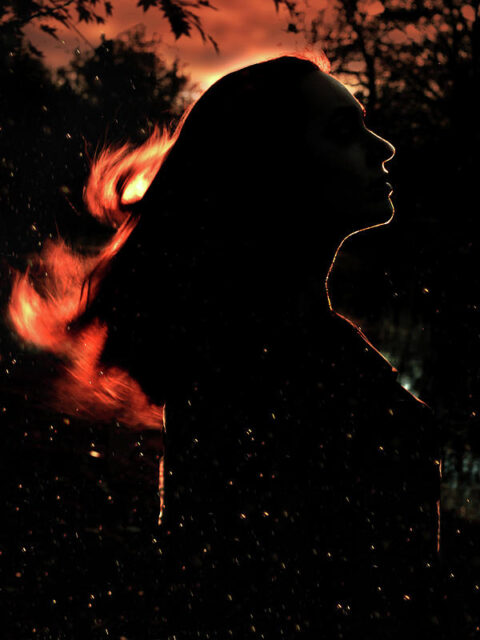
 Sun Square Pluto Synastry: You’ve Got That Power Over Me
Sun Square Pluto Synastry: You’ve Got That Power Over Me
 Moon Conjunct Pluto Synastry
Moon Conjunct Pluto Synastry
 Mars-Pluto Synastry: Something Quite Dark and Dangerous
Mars-Pluto Synastry: Something Quite Dark and Dangerous
 Mars Conjunct Pluto Synastry
Mars Conjunct Pluto Synastry
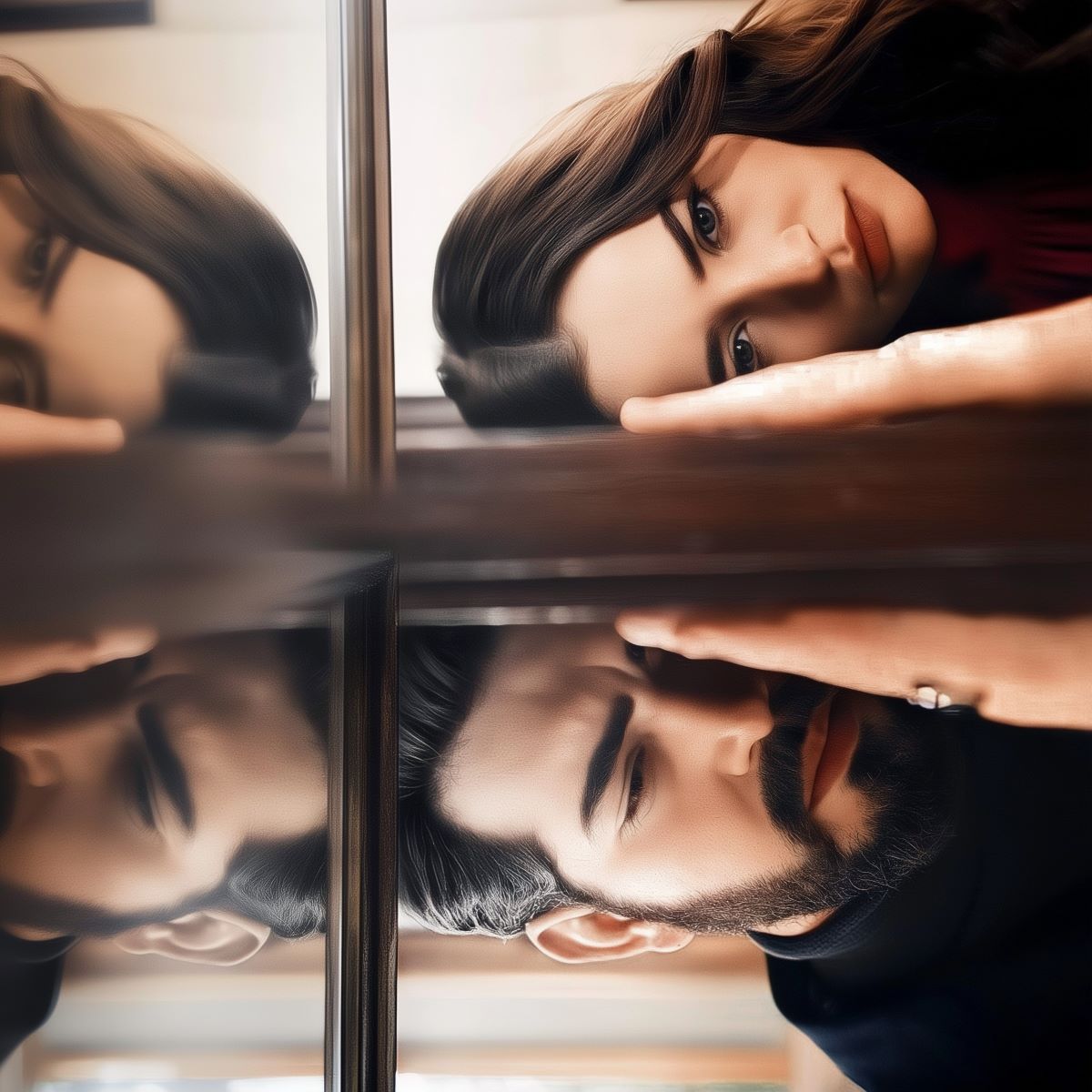 Mars-Saturn Synastry: The Eternal Loop
Mars-Saturn Synastry: The Eternal Loop
 Venus Trine Mars Synastry
Venus Trine Mars Synastry
 Venus-Pluto Synastry: A Love So Powerful That It Might Just Kill Them
Venus-Pluto Synastry: A Love So Powerful That It Might Just Kill Them
 Scorpio’s Cold Withdrawal
Scorpio’s Cold Withdrawal
 Mars in Aquarius: Sex drive
Mars in Aquarius: Sex drive
 Composite Sun in Houses: Part 1
Composite Sun in Houses: Part 1
 Mars Square Pluto Natal Aspect: The Unbreakable Spirit
Mars Square Pluto Natal Aspect: The Unbreakable Spirit
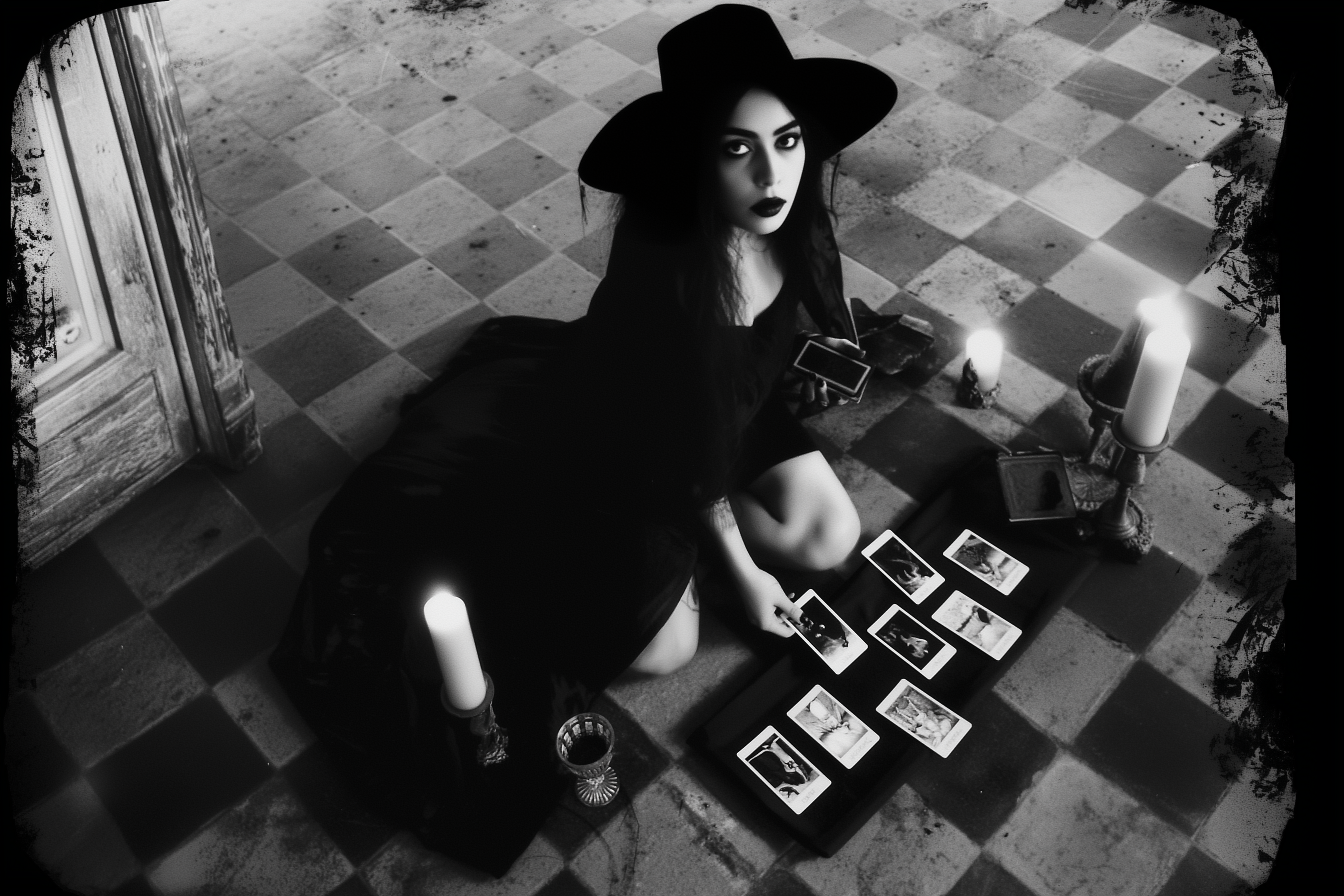 Scorpio, 8th House and Pluto – Black Magic & Family Curses
Scorpio, 8th House and Pluto – Black Magic & Family Curses
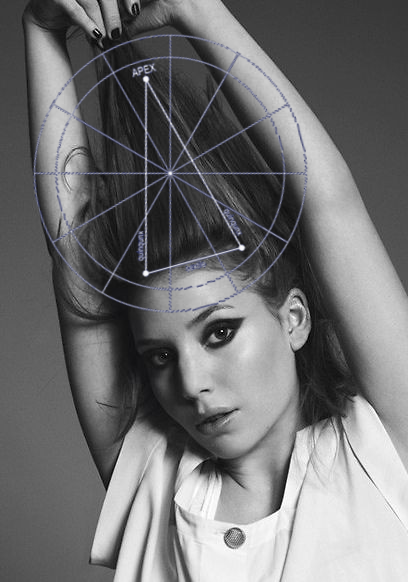 The Yod Aspect Pattern: The Mystical Power of the “Finger of Fate”
The Yod Aspect Pattern: The Mystical Power of the “Finger of Fate”
 Uranus Transits 8th the House: Rebirth from Chaos
Uranus Transits 8th the House: Rebirth from Chaos
 Pluto in the 5th House
Pluto in the 5th House
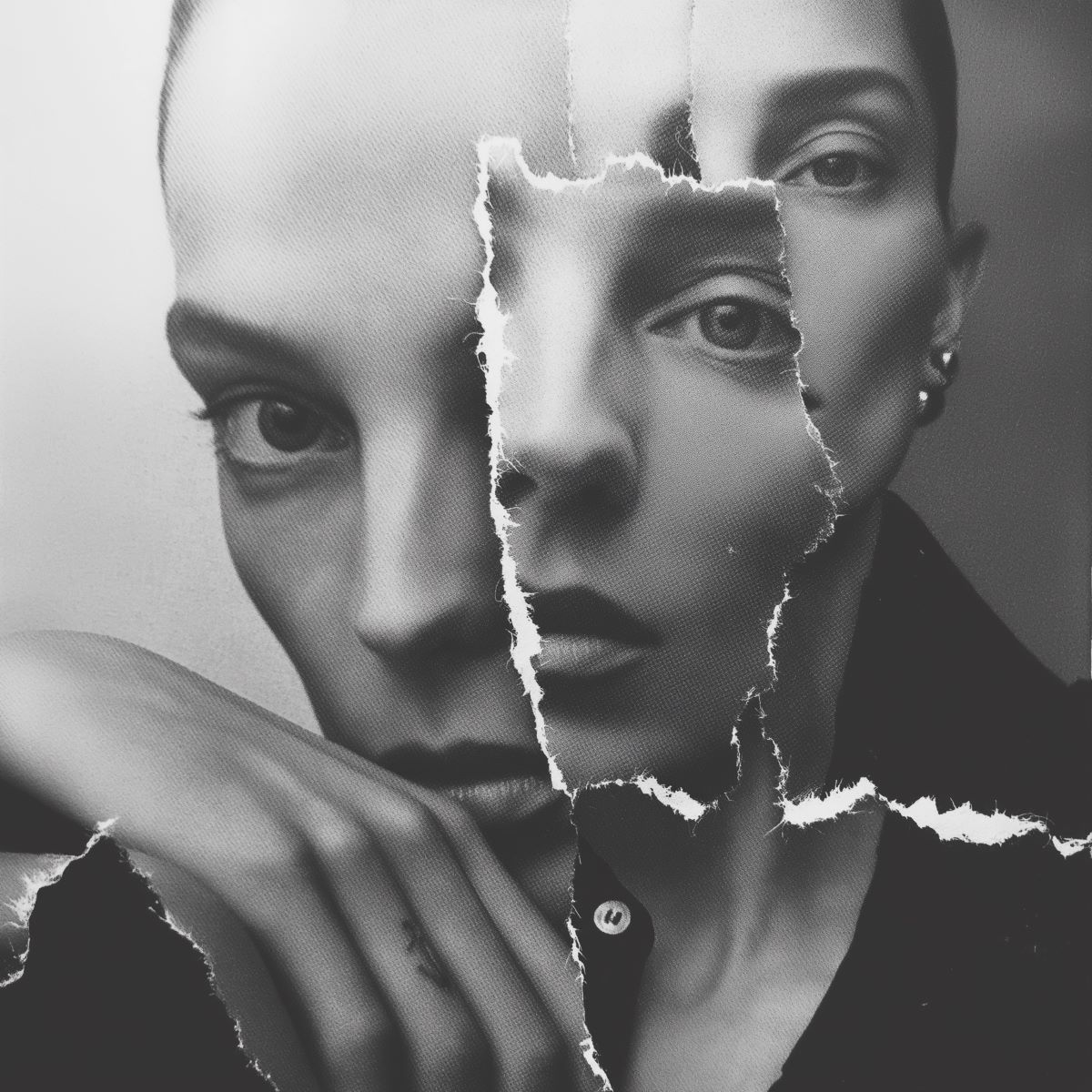 T-Squares
T-Squares
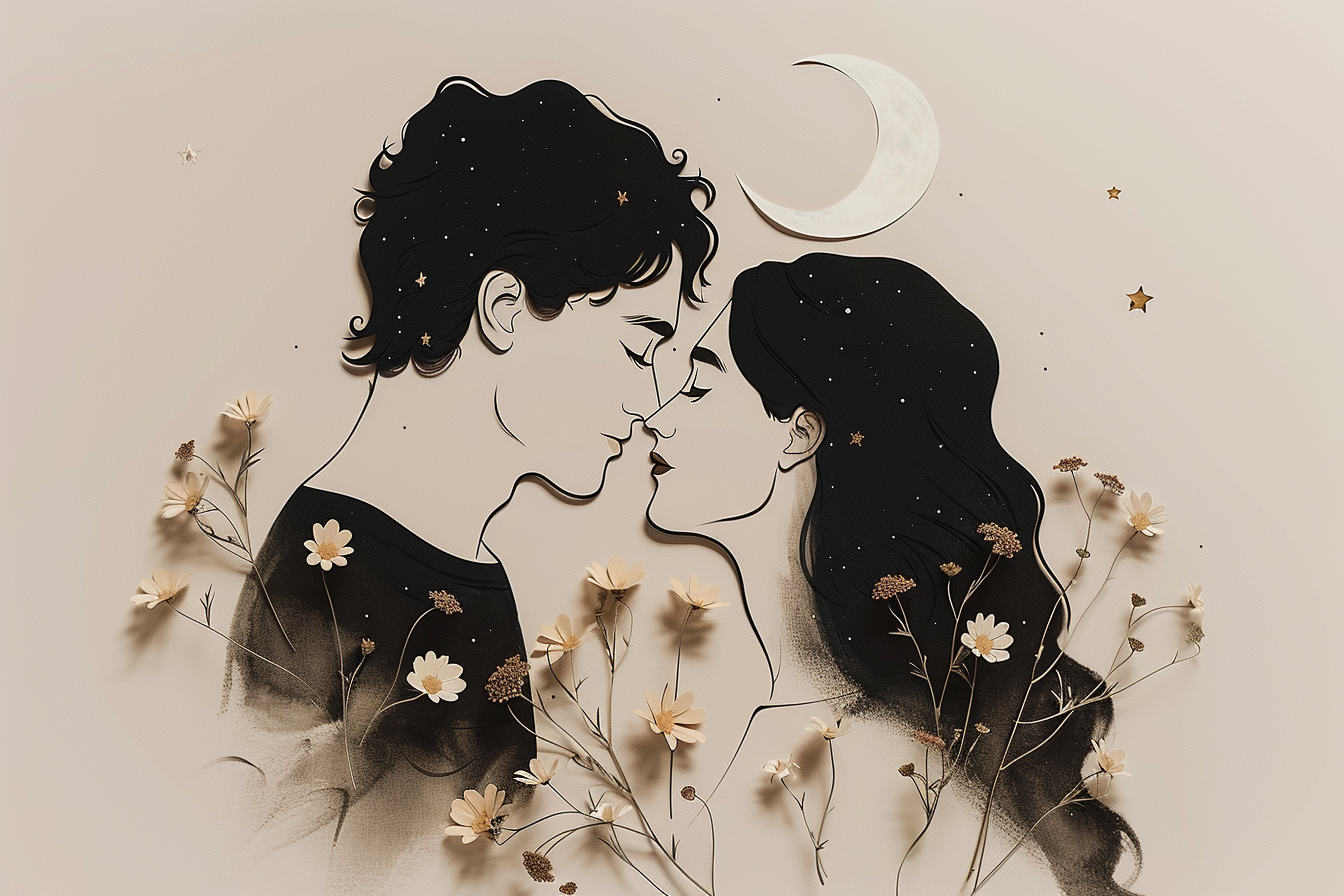 Emotional Understanding: Moon Trine Synastry Aspects Interpreted
Emotional Understanding: Moon Trine Synastry Aspects Interpreted
 Moon Conjunct Pluto Natal Aspect: Emotional X-Ray Vision – Seeing Through Souls Since Birth
Moon Conjunct Pluto Natal Aspect: Emotional X-Ray Vision – Seeing Through Souls Since Birth
 Venus-Pluto: The Magnificent Obsession
Venus-Pluto: The Magnificent Obsession
 Venus-Mars Synastry Aspects: A Powerful Sexual Attraction
Venus-Mars Synastry Aspects: A Powerful Sexual Attraction